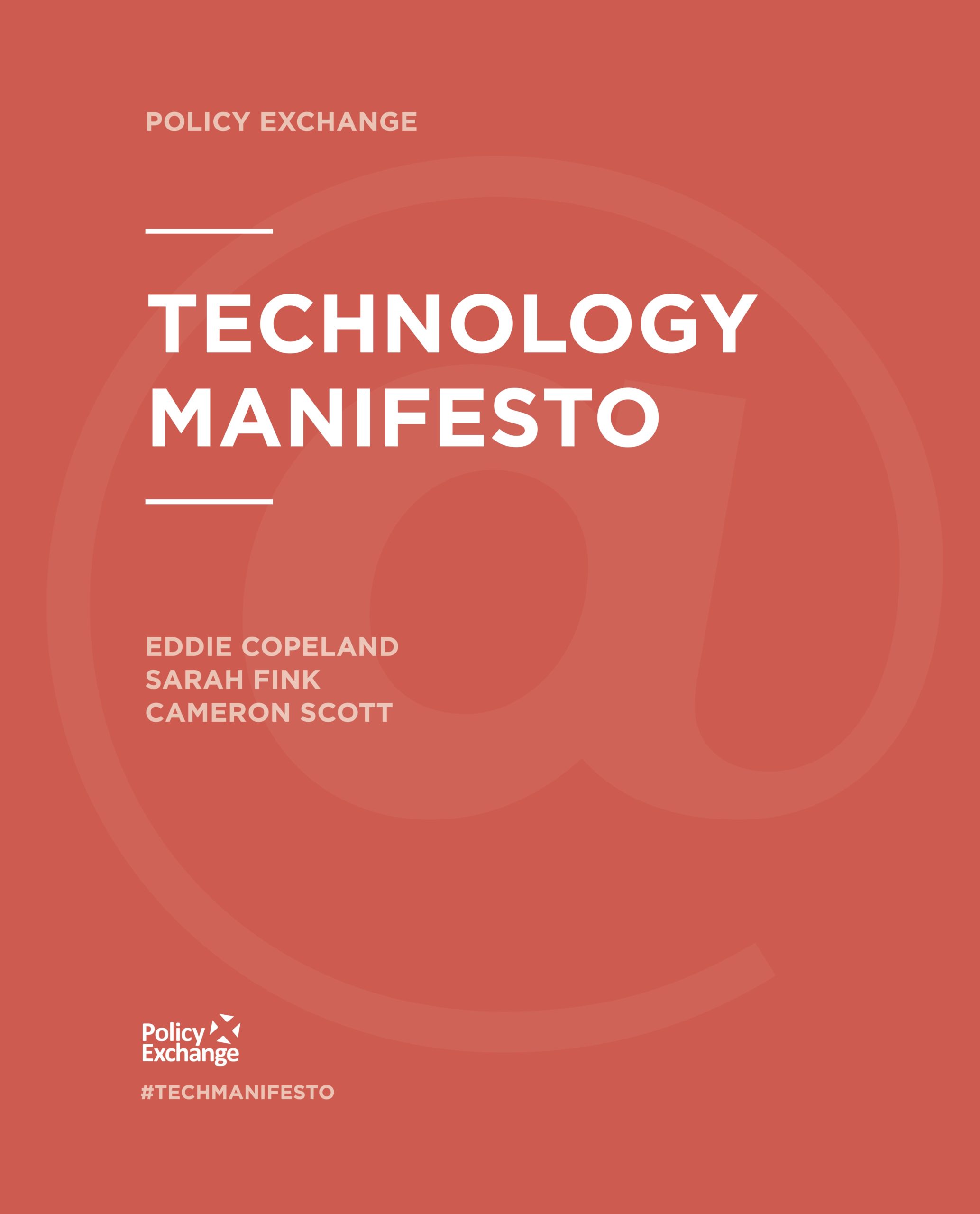
Technology Manifesto 2014
Politicians and policymakers must put technology front and centre of their thinking for the 2015 general election. Policy Exchange’s Technology Manifesto, written in association with Google and EMC as part of our Road to 2015 series of work, sets out a vision for how Britain can maximise technology’s positive contribution for individuals, businesses and government. As a country we are well positioned to be a world leader in using technology for positive ends, but success will require the proactive attention of – and continuity of support from – successive governments.
The manifesto sets out three principal goals: to build the world’s most connected and digitally skilled society; to make Britain the most attractive place outside of Silicon Valley for technology entrepreneurs to start and grow a business; and to make our government the smartest in the world.
These goals are needed because technology is changing everything. Within the next decade, we can expect our homes to be adapted with smart meters, our urban environments with smart city technologies, and our workplaces with robotics and artificial intelligence. And technology is transforming our economy; the internet economy will account for more than 12% of UK GDP by 2016, and Britain already has an online retail trade surplus of $1 billion – more than the USA and Germany combined. The pace of change is staggering and will only accelerate in future. The challenge for policymakers will be to keep up.
The internet defies boundaries; governments still operate nationally. Data provides the best insights when shared; the public sector still works in silos. New technologies offer opportunities and risks that have no precedent; regulation too often reflects the pre-digital era. Squaring those circles will be hard but essential for Britain’s future, and especially for its economic success. Harnessed well, technology promises to deliver benefits and opportunities that were the dreams of science fiction just a decade ago. Mishandled or ignored, it risks unleashing new and damaging threats on a scale that we have barely begun to grasp. That is why it is imperative that politicians and policymakers think now about how technology will fit into the Britain they wish to build.



